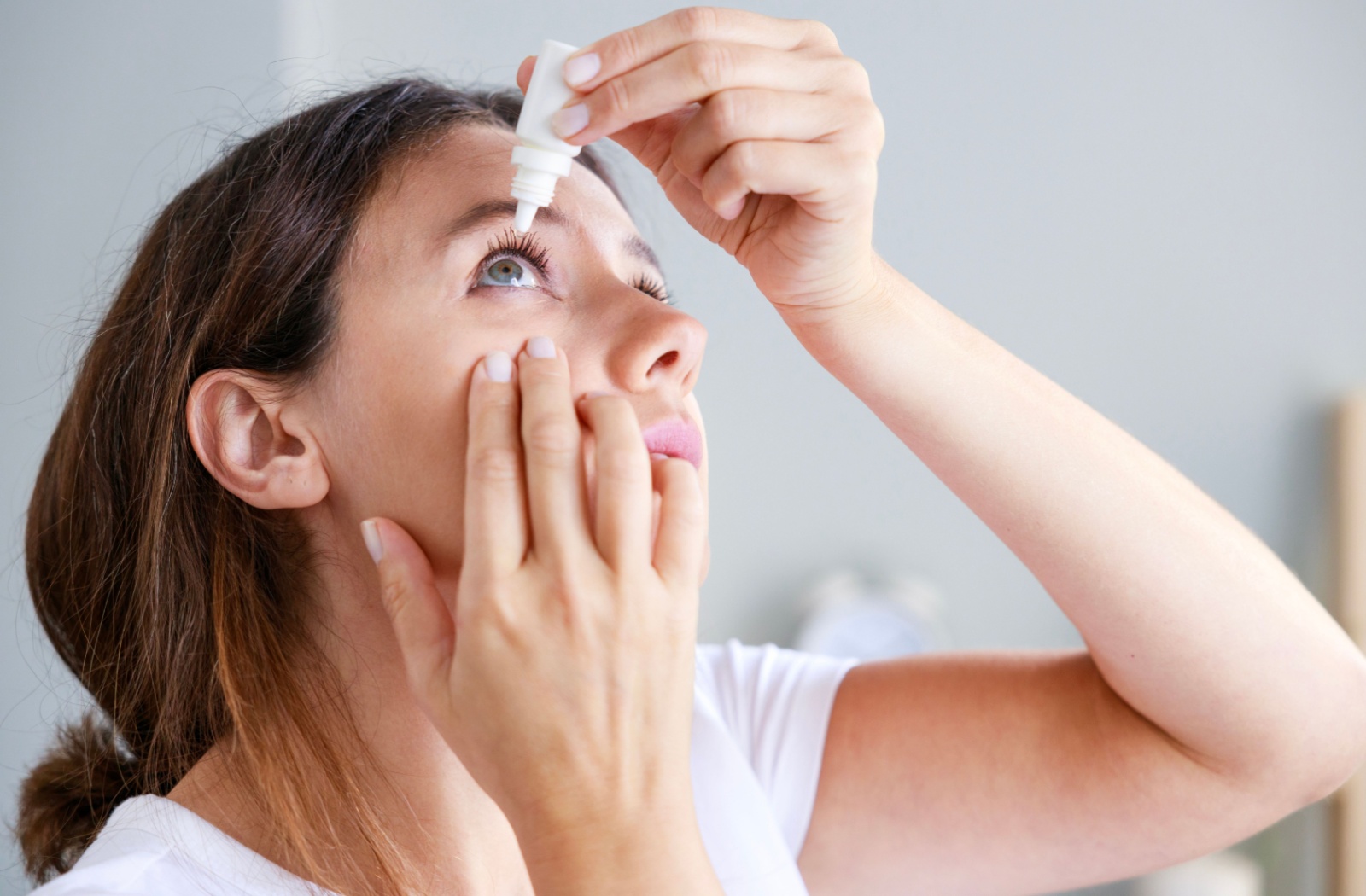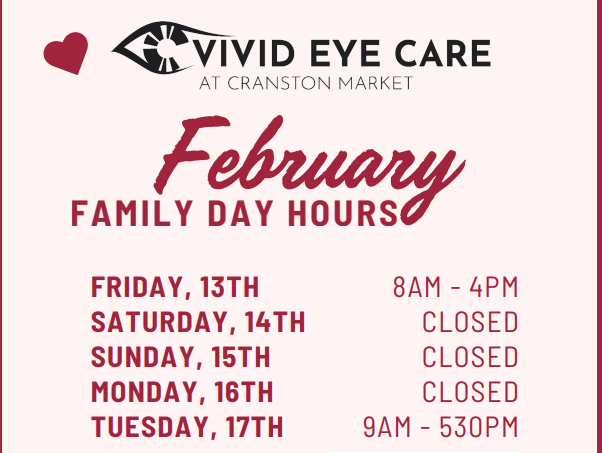Whether you’re dealing with the burning sensations caused by dry eyes, or controlling conditions like myopia, you’ve probably used eye drops at some point. Eye drops are an excellent way to help keep your eyes protected and treat different conditions.
However, many people don’t know that eye drops have an expiration date. This date varies depending on the specific type of drops, how you store them, and whether or not they contain preservatives. Never use expired eye drops—doing so may increase the risk of all kinds of eye-related problems.
Are There Different Types of Eye Drops?
Eye drops aren’t universal; rather, there are several types of eye drops, each designed to address specific eye concerns. These types include:
- Antibacterial eye drops: These drops treat bacterial infections with antibiotics. In order to avoid side effects, always follow the full prescribed course of treatment.
- Anti-inflammatory eye drops: These drops help lubricate and protect the eyes from conditions like uveitis, irritation, dry eye, and others. Anti-inflammatory drops include a small amount of steroids, so it’s important to only use drops that a doctor recommends.
- Dry eye drops: These drops help stimulate and support your natural tear film in order to reduce the irritation and discomfort caused by dry eye.
- Allergy eye drops: These drops contain antihistamines or mast cell stabilizers to reduce the symptoms of allergic reactions. Allergic eye drops can be acquired either over the counter or from an optometrist.
- Redness-reducing eye drops: These drops reduce visible redness by constricting blood vessels in the eye, and should be used sparingly to prevent side effects.
You should always treat eye drops like other medication—only ever use them to treat the conditions for which they were designed.
How Long Do Eye Drops Last?
It’s important to note that eye drops can expire—especially if left open or out in sunlight. Eye drops are only safe to use while they’re still in-date and properly stored. If the seal on your drops is compromised or broken, or if the bottle is left open for more than a few minutes, the risk of using contaminated drops isn’t worth it.
Typically, the lifespan of your eye drops depends on the specific type of drop. These can be broken down into 2 categories:
- Drops with preservatives
- Preservative-free drops
Eye Drops with Preservatives
Eye drops with preservatives are designed to have a longer shelf life. They contain specific components designed to combat bacterial contamination after the bottle has been opened.
Typically, eye drops with preservatives can last up to a month or so after opening. It’s crucial, however, to check the packaging for specific instructions, as expiration dates can differ drastically between brands.
Eye Drops Without Preservatives
Eye drops without preservatives, also known as preservative-free drops, don’t contain any additional components. As a result of this, they are often ideal for people with sensitive eyes.
Preservative-free eye drops often come in single-use vials in order to prevent contamination. Even if you don’t use the full vial, make sure to discard these eye drops after each use. While they’re often a more comfortable option than drops with preservatives, preservative-free drops can easily be contaminated with bacteria—and if you use contaminated drops, you’re significantly increasing the risk of many potential eye issues.
Can You Use Expired Eye Drops?
Regardless of the type, all eye drops come with an expiration date printed on the packaging. Past this point, you shouldn’t use the drops. They’ll likely be much less effective and may even contain contaminants or bacteria.
Using expired drops increases the risk of:
- Bacterial spread to the eyes
- Eye infections
- Allergic reactions, as the ingredients can break down and inflame the eyes
- Fungal exposure
All of these risks can lead to long-term damage to your eyes and vision. Don’t put your sight and eye health at risk. Instead, discard expired eye drops and replace them with a fresh package.
Safely Storing Eye Drops
With eye drops—and almost any other medication—proper storage is key to maximizing their lifespan.
To keep your eye drops safe to use, try to:
- Store them in a cool, dry place away from sunlight and heat.
- Wash your hands before use to avoid contamination.
- Avoid touching the dropper tip to any surface, including your eye.
- Reseal the bottle immediately after use.
- Follow the expiration date and mark the opening date.
- Dispose of unused drops after the recommended period.
- Check for changes in color or consistency; discard if cloudy or with particles.
If you’re ever unsure of whether or not your drops are safe to use, don’t risk it. Instead, visit your optometrist to discuss replacement.
Prescription Eye Drops
Another thing to consider is whether your eye drops are prescription or over-the-counter. If you got your eye drops from a pharmacy or your eye doctor, there is a good chance your eye drops are prescribed to you.
That means your eye doctor has decided you need a specific type of eye drops for your needs. Because they are prescribed to you, prescription eye drops should not be used by anyone else other than who they were prescribed for.
Keeping Your Eyes Safe & Your Vision Clear
Your eyes and vision are precious, so you should always keep an eye on the expiration date of your eye drops. If you ever have any questions, come talk to our team at Vivid Eye Care. Our team can help! Book your appointment with us today, and let’s work together to keep your eyes safe and your vision clear.






















